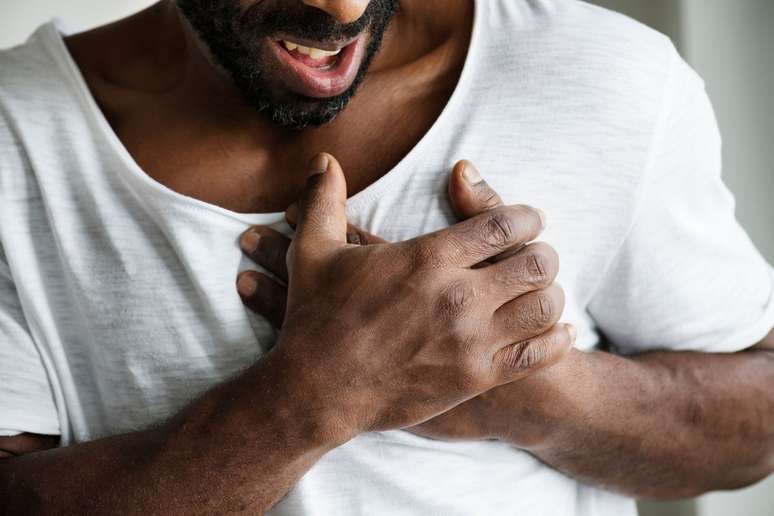Understand why the cold can favor the onset of cardiovascular diseases
OR winter It is a time of year when cases of respiratory diseases explode, such as flu, rhinitis and sinusitis. However, what we cannot forget is that during this season there is also a higher risk of cardiovascular disease.
Why does the cold favor cardiovascular diseases?
Second Dr. Gisele Abuddoctor and technical director of the 24-hour emergency room unit (UPA) East Zone, in Santos (SP), in the cold, our body activates mechanisms to reach regulate the internal temperature and maintain vital functions.
This process involves the vasoconstriction (contraction of blood vessels), which contributes to the conservation of body heat.
“The problem is that, during low temperatures, vasoconstriction occurs increases blood pressure it’s still narrows the arteries in the heart vesselsaffecting the circulatory system, which can cause chest pain, heart attack and even sudden death,” warns the doctor.
All these changes make it easier detachment of fatty plaques located inside the arteriesblocking blood flow to the heart and brain and causing a stroke.
Data from the National Institute of Cardiology indicate that, in winter, there is a increase of 30% in the risk of cardiovascular disease.
Next, understand what the main symptoms of these conditions are and what to do to protect yourself from them!
Symptoms of cardiovascular diseases
Pain or discomfort in the chest, arms, left shoulder, elbows, jaw, or back symptoms which may indicate cardiovascular disease.
According to Dr. Gisele, the women they are more likely to have shortness of breath, nausea, back or jaw pain, and nausea.
Between signs of stroke they are: numbness of the face, arms or legs, mental confusion, difficulty speaking and understanding, loss of balance and motor coordination and severe headache with no apparent cause.
When you notice any symptoms, the best thing to do is consult a doctor as soon as possible.
“The emergency room (UPA) units are available 24 hours a day, seven days a week, and are prepared to handle urgent and emergency cases, such as heart attacks and strokes,” advises the specialist.
How to prevent cardiovascular diseases in winter?
To the prevention of cardiovascular diseases in winterit is essential to adopt a series of precautions, for example:
- Control body weight to avoid obesity;
- Stay away from cigarettes and alcoholic beverages;
- Practice physical activity regularly;
- Maintain a healthy and balanced diet, avoiding ultra-processed foods;
- Properly treat problems such as hypertension, diabetes and high cholesterol.
Source: Terra
Ben Stock is a lifestyle journalist and author at Gossipify. He writes about topics such as health, wellness, travel, food and home decor. He provides practical advice and inspiration to improve well-being, keeps readers up to date with latest lifestyle news and trends, known for his engaging writing style, in-depth analysis and unique perspectives.








